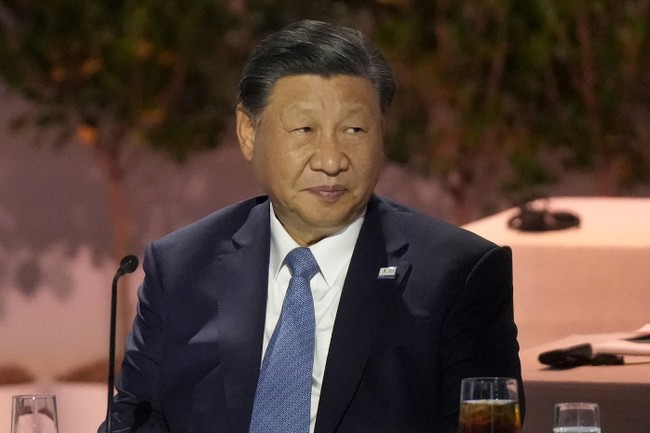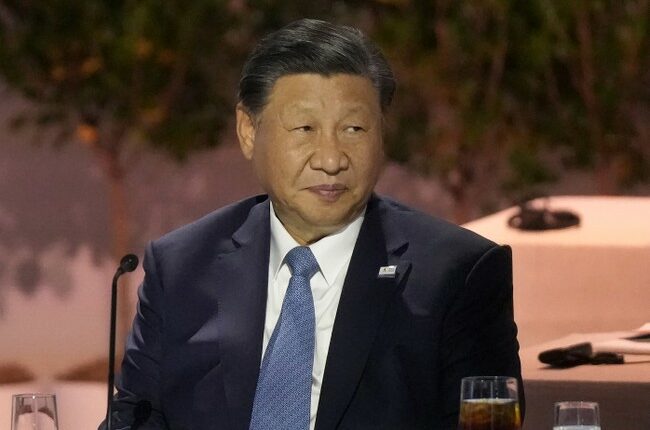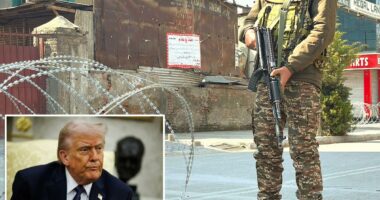Share this @internewscast.com

Recently, Beijing has intensified its warnings towards Tokyo following comments from Japanese Prime Minister Sanae Takaichi. Takaichi stated that an attack on Taiwan could present a “survival-threatening situation” for Japan, potentially activating Tokyo’s right to engage in collective self-defense. This statement comes amid China’s increasingly assertive military maneuvers around Taiwan and in the East and South China Seas.
In response, China’s Ministry of Foreign Affairs demanded a retraction of Takaichi’s comments, but the Prime Minister stood firm, refusing to comply with the request.
Even before Takaichi officially took office, Beijing had expressed its apprehension. Instead of extending congratulations on her election victory, China issued a subtle warning, indicating its readiness to oppose the Takaichi administration’s policies focusing on China.
This diplomatic tension reveals several insights, but first, let’s consider China’s actions in retaliation.
Among the most alarming responses was a threat from the Chinese consul general in Osaka, who suggested harm against the Japanese prime minister. The Japanese government has protested this threat made on social media, but as of now, the consul general remains in Japan, highlighting the ongoing diplomatic strain.
The mask slips — again. Just a few months ago, @xuejianosaka compared Israel with Nazi Germany. Now, he threatens Prime Minister @takaichi_sanae and the Japanese people. Time for Beijing to behave like the “good neighbor” it talks repeatedly about — but fails repeatedly to… pic.twitter.com/QslQqirtPO
— ジョージ・グラス駐日米国大使 (@USAmbJapan) November 10, 2025
















